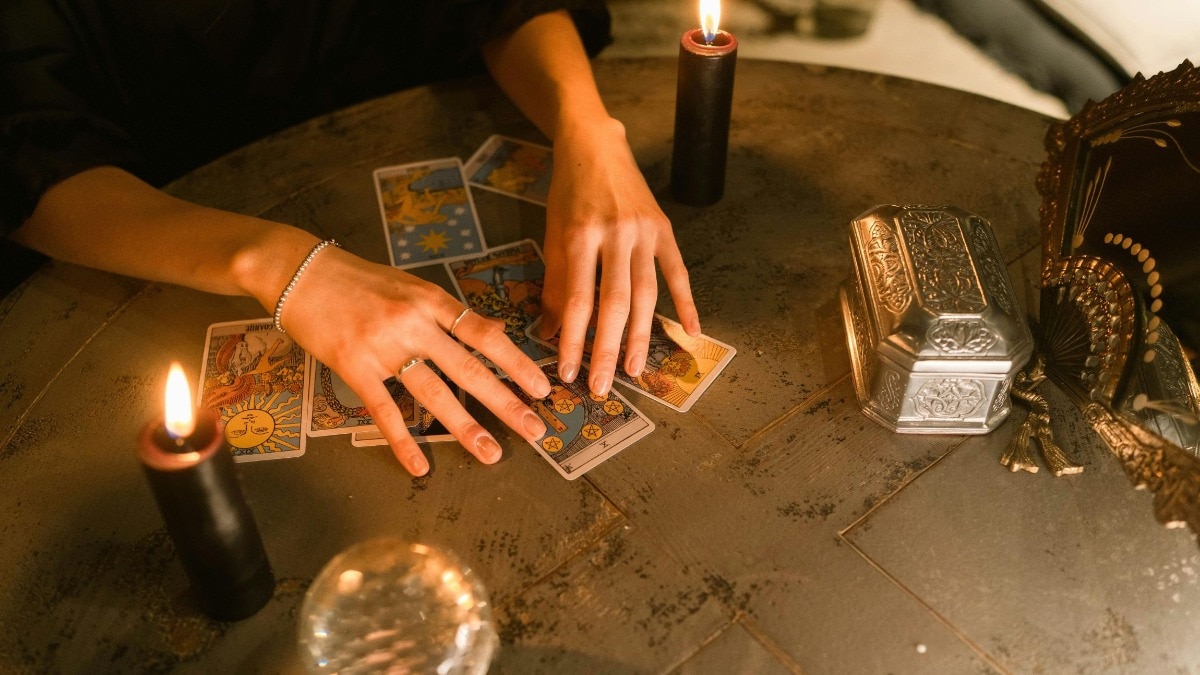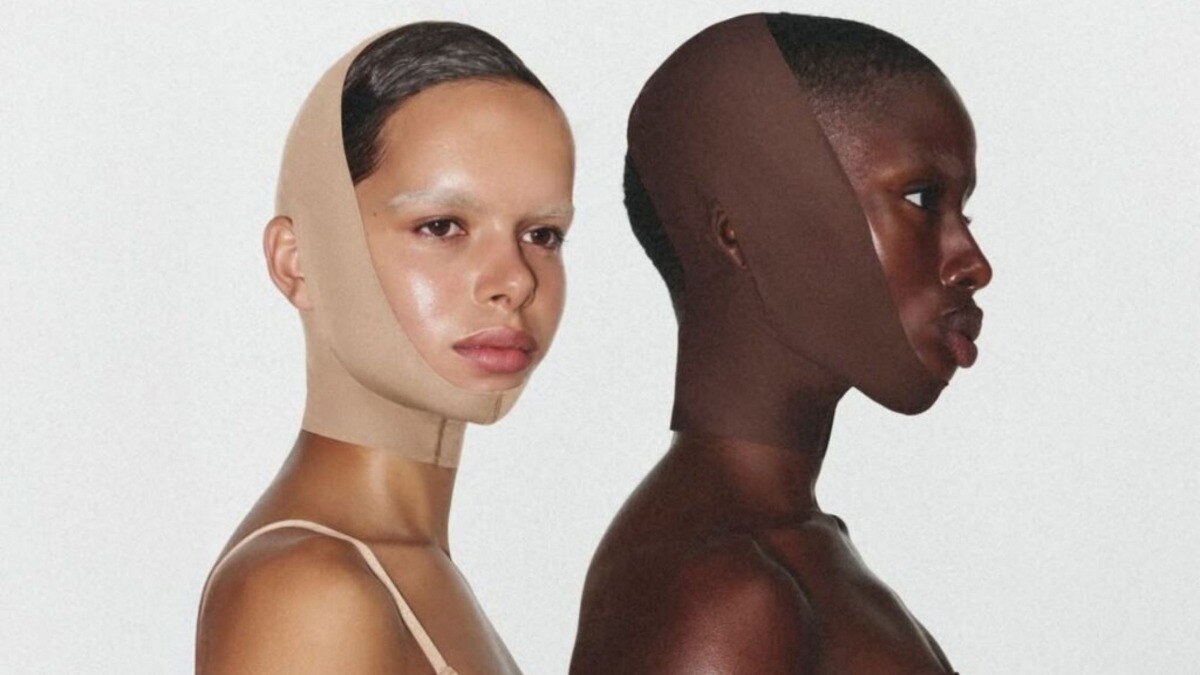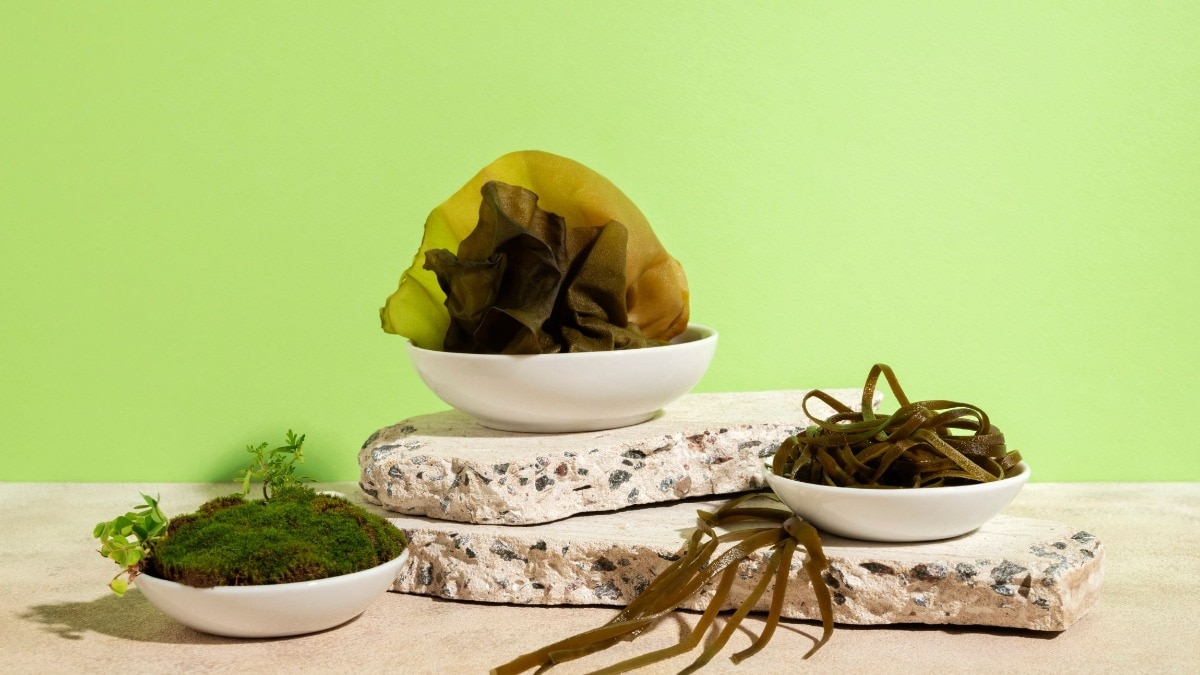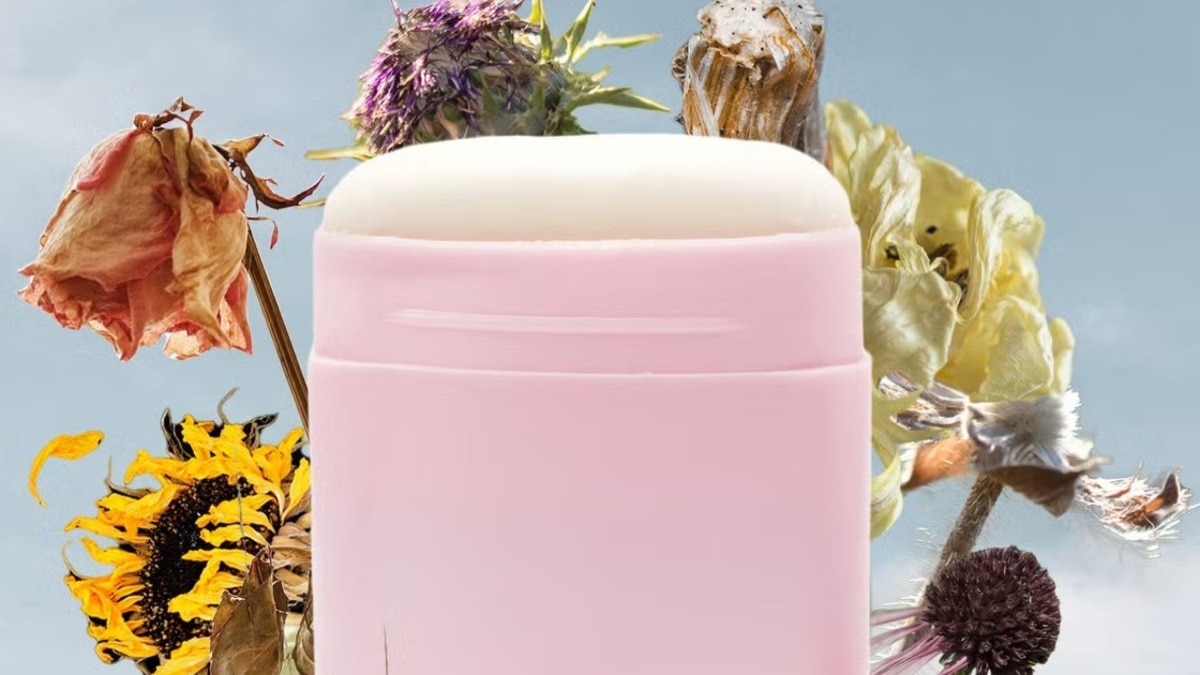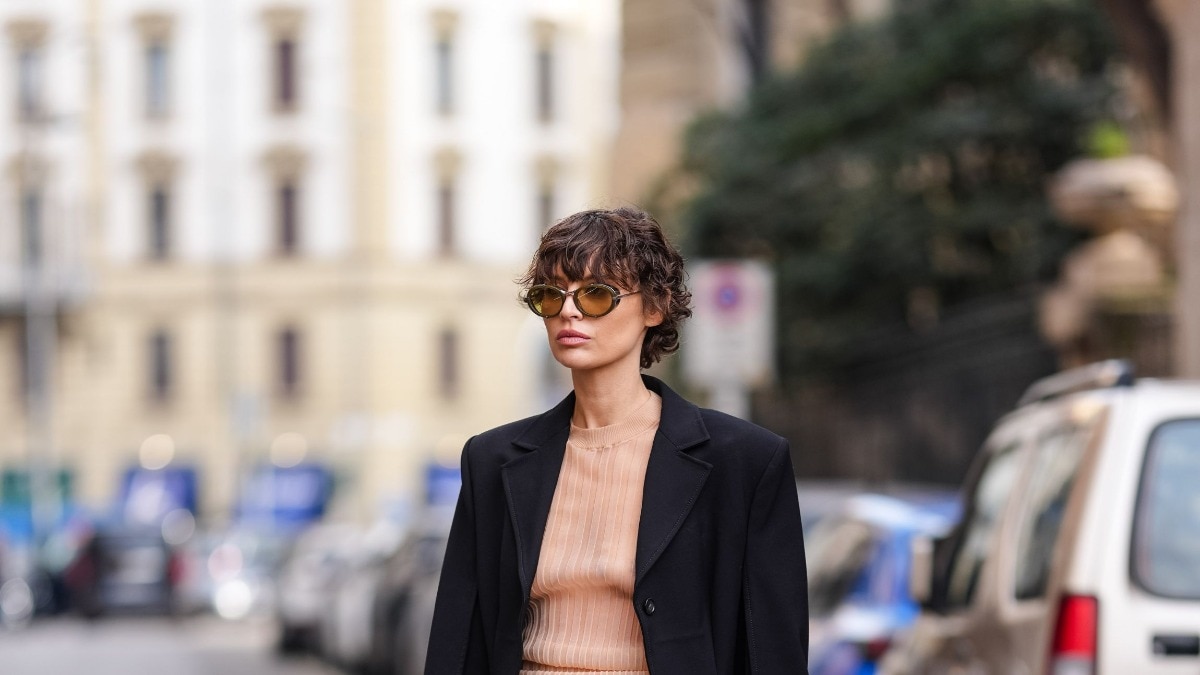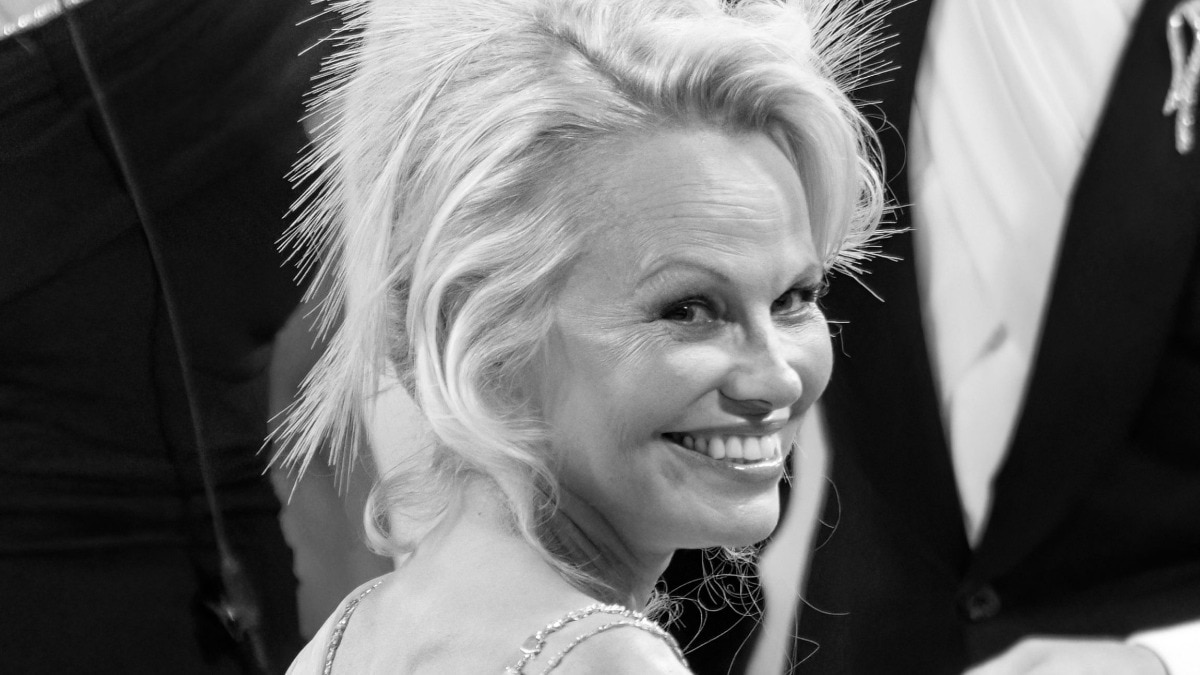No place like Ghana
After almost two decades away from Ghana, the author starts to feel distanced from his ancestors’ homeland only to return to rediscover his roots.


It’s usually a smell or taste that encourages me to reach towards a memory of a different time. And often – like when I emerged from the sea in Cádiz and the scent of salt clung to my skin, already sweaty with heat, or when the taste of an Ovaltine ice-cream in a restaurant in Marylebone triggered tears – the memory, and the emotions underneath it, are just out of reach. However, on this occasion, walking down the steps and onto the tarmac at Kotoka International Airport, it’s the heat, this thing you can almost smell, almost taste, that sends me backwards, to my last trip to Ghana, 16 years prior. As it was then, the warmth both strikes and comforts, slowing my steps, making me sweat. As it was then, emerging from the airport, I am once more surprised that my cousin and I have the same face. As it was then, we make the short drive through Accra, towards North Kaneshie, where my eldest Auntie still lives, and coming through the gates, where she already waits, a smile broadening on her face, I don’t feel like a visitor, but that I’ve come home.
This trip almost didn’t happen. I’m in the middle of writing my new novel, Small Worlds, when it becomes clear I’m not only writing about south-east London where I live, but also the people. I’m not only writing about the community, but also where we come from, the making of us, and in order to understand, I have to follow this route backwards, thicken a line I’ve only previously traced. I ask Mum what she thinks; she doesn’t hesitate, but I do, and in that space of hesitation, Covid makes travel a small impossibility. A friend asks me, why the hesitation? I tell them, I’m worried that too much will have changed, too much will have shifted. That I’ll reach for my mother’s language, Ga, and will come up empty, clasping at nothing. I’m worried that this place I’ve always known to be part of me, we won’t fit each other. My friend shrugs and says, you won’t know until you go.
When the world opens once more, I don’t hesitate, booking tickets for my Mum and me to travel.
It’s a few hours into my first full day, when, wandering around Independence Square in the middle of the capital, a young man sees the heft of my medium-format camera weighing in my hand, and asks for a photo. It’s midday, and the light is almost too much, the glare uncontrollable. But still, I pop the cap off the lens. I don’t ask him to move but I move around him. The world quietens. It’s just his gaze and my seeing him, and the sound of the water, never far in Accra. I make one image, then another, the sound of the shutter insistent in the quiet. We exchange details, and I promise to send him the image when I’ve developed the film.
This process becomes standard practice across the course of my trip. I realise I’m not really writing anything, but I am making images. Wherever I go, Ghanaians notice the casual grip I have on my camera, as if it is part of me, notice the slowness of my rhythm, as if I am one of them, and ask for a portrait. It happens outside the Accra Arts Centre, where a man hacks into fresh coconuts, handing them to us to drink the juice fresh; with the drummers, who, on seeing my cameras, pick up their instruments once more and play a pacy, joyous rhythm for me to hear, to see, to feel; with my Great Aunt Rebekah, eighty-four years old, who stills her constant motion for a moment to let me make an image. I’m not only seeing Ghana and its people as an adult, anew, but I’m also getting to archive it. With each image, I think, this practice takes a certain kind of trust, as photographer and as sitter. You have to trust not only the exchange, but that there might be care, there might be grace, in the moment just before the shutter collapses in on itself, in that moment where there’s no hiding, only openness, you have to trust not just the person on the other side, but yourself too.
Halfway through our ten-day trip my cousin, who has been driving me up and down the country, eager for me to see everything I need for my research–which I realise is nothing specific, but the texture of the place, the ineffable, that which might escape the sure clasp of description–suggests we go to Cape Coast, a three-hour drive away, not only to see the castle but also the house my maternal Grandma was born in. We leave before the light of dawn has broken open the sky, trying to beat the early-morning traffic. It’s mid-morning by the time we arrive, and crossing the threshold of the castle, where I know some of my ancestors were taken and transported elsewhere, I’m struck by a presence, some distant memory of a different time. I begin to sweat and the salt clings to my skin. We are led by a guide, from space to space, from one darkness to another, as he tells us of atrocities and subjection. He tells of us of loss. In each is a heat so fierce, I can almost taste it. It triggers tears.
I struggle to make any images in a place so haunting, but walking through the Door of No Return, where, our guide tells us, there is a place where Black people would lose their names, lose themselves, I make my way out to the edge of the castle’s bounds, and a bit further. Over the rocks and boulders that separate the building from the beach, where fishermen are working, pulling boats in, pushing them out, nets flung overboard, a football being kicked about, some calling to each other, their rhythm steady and beautiful, like music. I take the lens cap off my camera, and even though my hand shakes as I push down the shutter, I trust myself to make a record of their song.
My Grandma passed away in 2017. I didn’t go back for her funeral. I couldn’t. I didn’t trust myself enough to do so. As we make the short journey to the house she was born in–it’s walking distance, in the shadow of the castle–I remember my Grandma used to call me on my birthday and sing for me. While she would sing, I would imagine these places that I only knew by way of description: the serenity of the botanical gardens at Aburi, up in the Akwapim Hills, the wash of the ocean across soft sand at Labadi Beach in Accra’s suburbs, the delight of music being played aloud, the way it draws out our melancholy, our joy.
Later, in the heat of the night, while highlife, music as sweet as it is melancholic, is played at a jazz club, and I’m on my feet, dancing, moving, I’m glad I kept that promise. I’m glad I trusted myself enough to make this journey, to open myself up to Ghana and its everyday music, which is really the music of me. As the drummer calls for the music to loop round once more, I say to myself, to my Grandma, I’m so glad I chose to visit; I’m so glad I came home.
Feature Image: Ghana Images
This article first appeared in Harper's Bazaar UK in June 2023.



